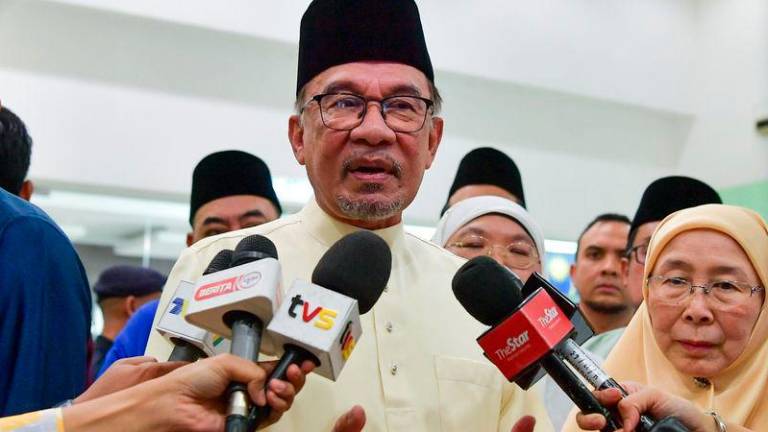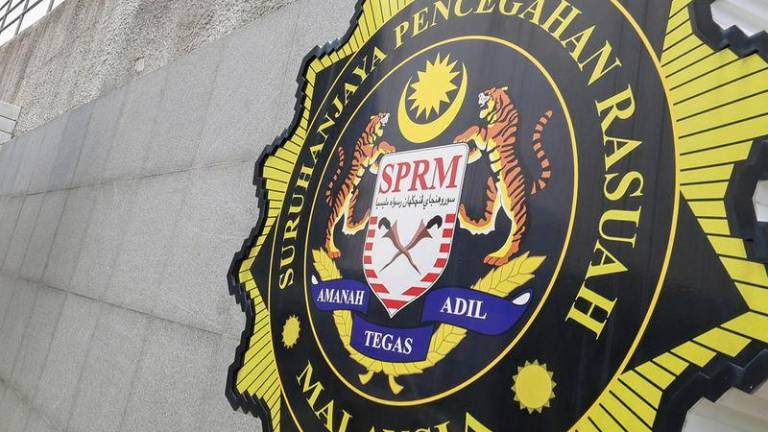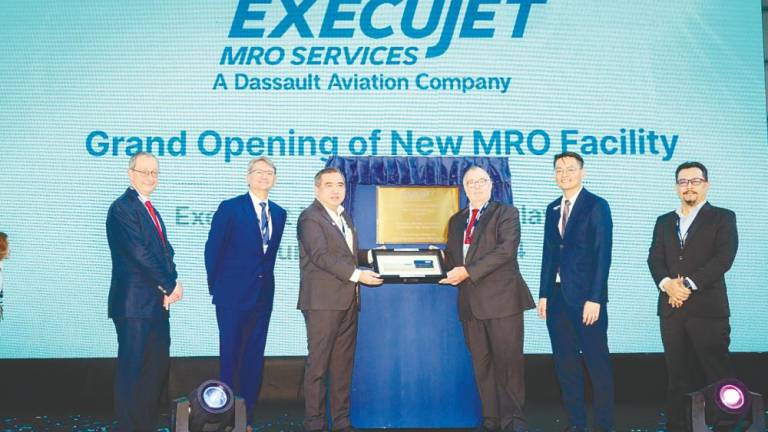MANY countries, including Malaysia, are experiencing budget shortfalls due to the havoc caused by the Covid-19 pandemic over the past two years and the consequent effects it has had on economies around the world.
Currently the trend is to maintain tax rates or increase tax rates for certain groups, and high-income earners (HIE) are the first to be targeted as it is assumed that they have the capacity to bear the extra tax burden.
Malaysia started the shift in 2016 to increase the tax on HIE from the maximum tax rate of 25% to 28% for income above RM1 million and continued the trend in 2021 by increasing it to 30% for income above RM2 million. It will not be a surprise if future budgets continue to increase tax or as other countries have done, introduce levies or cess to the tax rates to increase the tax collection from HIE.
What should you do?
Taxpayers have a duty to pay the minimum tax that is imposed on them under the law. Wherever there is a choice to mitigate your taxes using the legal provisions within the law, the taxpayer will not be breaking the law. This has been accepted by the courts and the landmark case on this matter is Sabah Berjaya Sdn Bhd case.
In this environment, HIE should seriously consider reviewing the tax efficiency of their remuneration packages to optimise their take-home pay.
The starting point is to review your employment contract, the benefits you are receiving in cash or in kind, and any incidental benefits provided by your employer. You need to take into account in planning your affairs is whether you are receiving income from or a company you control or from an independent company. A director and a non-director also have different limitations.
These issues will have an impact on how you plan your taxes because the law in many instances denies directors who have control over their companies the tax benefits normally given to employees.
Food for thought
A simple idea to reduce your taxes where you control the company is to limit your employment income to the point where your income will be taxed at 24%, which will be equivalent to the maximum company tax rate. The excess income you wish to receive can be received in the form of dividend income, which will not be taxable. Your employer can also contribute up to 19% to the Employees Provident Fund, which is deductible to the company and not taxable to the individual.
In the event you do not control the company and are merely providing a service to an independent company, you need not be employed by that company. You could be employed by your own company which you control 100% and you provide the service as an employee of your company. Here there must be a clear contract for services between your company and the independent company. The same approach of limiting your income up to 24% and paying the excess as dividends from your own company can be applied here.
On top of this, HIE should be consider benefiting from the provisions under the Income Tax Act 1967 which reduce or exempt the HIE from tax such as medical insurance, leave passages, company car, educating yourselves at top institutions in the world, share option schemes or share purchase schemes, etc.
In case you have legitimate offshore employment, you need not bring that to tax in Malaysia provided you do not perform or exercise any of the duties relating to the offshore employment in Malaysia. However, if the work you perform in Malaysia is incidental to the offshore employment, it will not be taxable in Malaysia.
The fine dividing line between onshore income and offshore income is very thin and you must be very careful to maintain evidence to support the distinction as Inland Revenue Board is likely to scrutinise such activities thoroughly.
Basically, reducing your taxes will require a comprehensive review of your total remuneration package and the relationship with your employer.
This article is contributed by Thannees Tax Consulting Services Sdn Bhd managing director
SM Thanneermalai (www.thannees.com).










